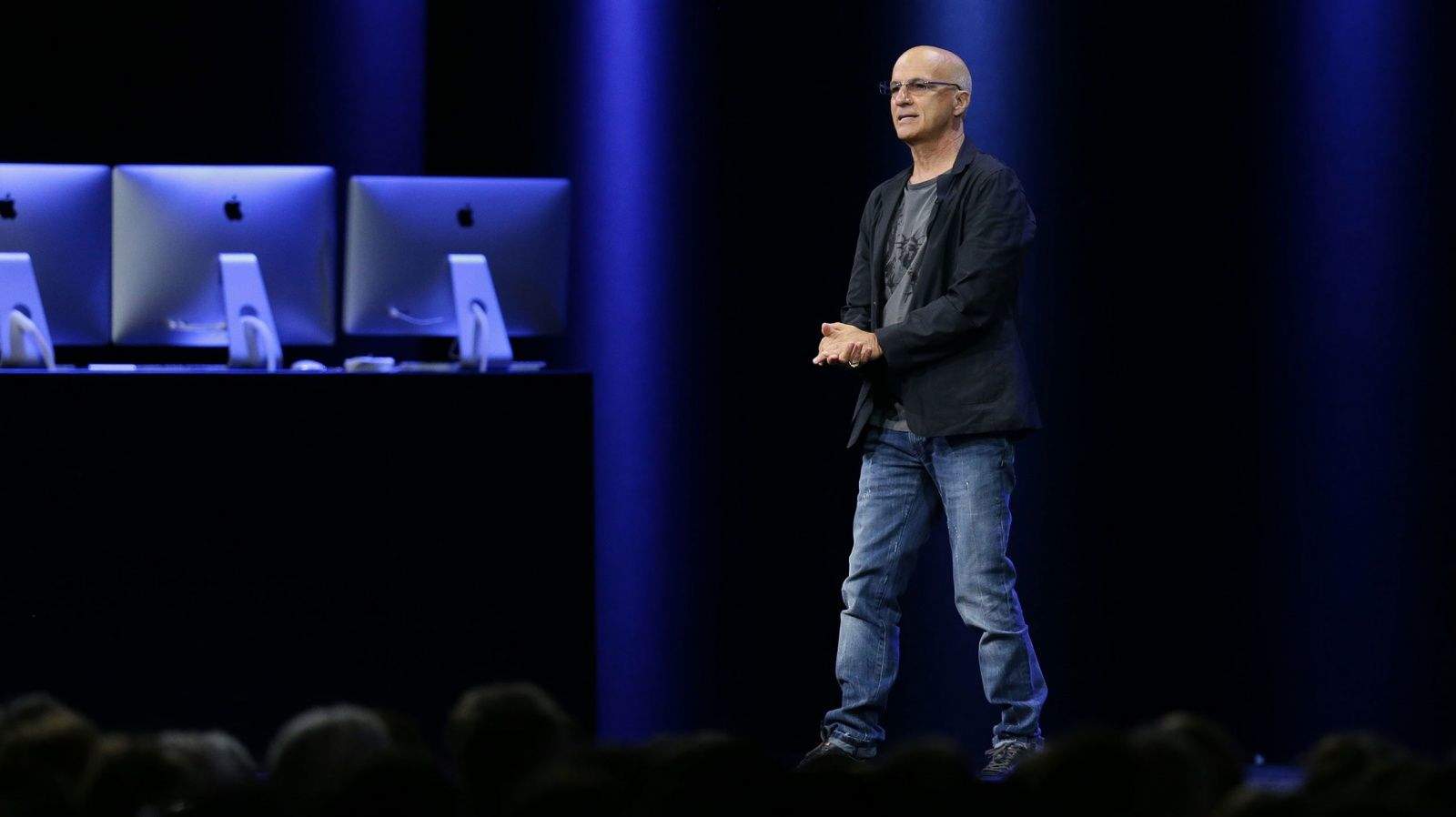The announcement of Apple Music last week was certain to stir up a bit of controversy, and sure enough some corners of the music industry are starting to speak out against the (arguably harsh) terms Apple’s dictated.
Among them is the Australian Independent Record Labels Association (AIR), which represents independent labels in Oz. Their beef with Apple? Dissatisfaction at the company’s three-month trial period for users, during which Apple will pay out no royalties to artists since it won’t be making any money itself.
“Having now had over a week to reflect on the launch of Apple Music, AIR is not satisfied that the deal being offered under this new initiative is fair or equitable to independent music companies,” a statement from the organization reads.
While music labels are under no obligation to sign a deal with Apple, it is clear that the AIR feels many are trapped in a Catch-22 scenario: Either lose visibility by eschewing Apple Music, or agree to the terms and lose out on much-needed money crucial to smaller labels without deep back catalogs.
“As a whole the independent sector is a powerful voice in the music industry but its individual parts, the smaller labels particularly, cannot withstand such a potentially catastrophic drop in revenue,” the statement continues.
“Essentially Apple is asking the independent music sector to hedge its risk, to fund their customer acquisition programme and to shoulder the financial burden for their global launch … Each individual member of AIR must, of course, make their own decision whether or not to sign this agreement, but many of our members have already expressed very real concerns about the consequences of doing so. It is AIR’s view therefore that, in its present form, this agreement sadly does not meet a standard of commercial fairness that we can endorse.”
Apple isn’t, of course, the first streaming music to raise the ire of artists. The most famous example is Taylor Swift, whose royalty-related beef with Spotify saw her pull her music from the service over complaints that artists receive only between $0.006 and $0.0084 for every song play.
Given Apple’s prominent position (Apple Music was already under antitrust investigation before it was even announced), it makes sense that the company would see increased scrutiny for its streaming royalty practices — just like no-one cared about smartwatches being used in exam halls until the Apple Watch was announced.
Personally I’ve got a bit more sympathy for smaller independent record labels than I have with multi-millionaire musicians, but I can understand Apple’s position.
Could the company have stumped up the cash to reimburse labels for the three-month royalty period? Absolutely. Did it have to? Certainly not — and you just know shareholders wouldn’t be too happy to see Apple throw away millions of dollars just to be nice.
This isn’t the first time Australia has sharpened its knives in the direction of Cupertino, however. From arguments over whether or not it owns the phrase “App Store” to claims that it stole the name HealthKit from an Australian startup, Apple has had plenty of battles with the Land Down Under.
This is one I can see reverberating a bit further than just Australia, though.
Via: Tonedeaf


